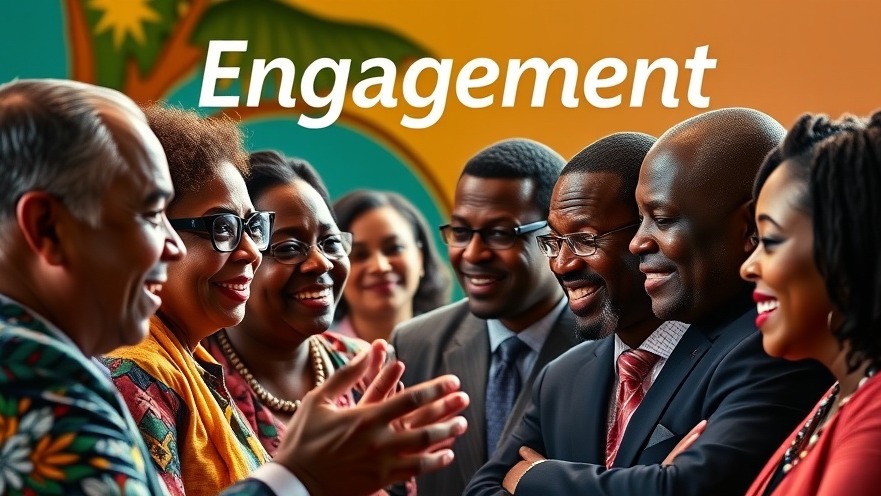
Groundbreaking Engagement: U.S. Secretary Rubio and CARICOM
In a remarkable shift in diplomatic relations, U.S. Secretary of State Marco Rubio has made recent outreach efforts to the Caribbean Community (CARICOM) leaders, signaling a significant step in engaging with the region. Within his first four months in office, Rubio has met in person with 13 out of the 14 CARICOM heads of government, highlighting the urgency and importance placed on Caribbean matters.
A Historic Context: The Emerging Importance of Regional Relations
This swift engagement is unprecedented and noteworthy. For the first time, a U.S. Secretary of State is prioritizing dialogue with Caribbean leaders to address mutual concerns, amid a backdrop of pressing global issues and national security responsibilities. The discussions have tackled crucial topics ranging from trade tariffs affecting CARICOM nations—implemented by President Trump shortly after key meetings—to drug trafficking and immigration challenges.
Trajectories for Future Collaboration
These profound conversations are not merely governmental formality; they lay the groundwork for creating understanding and partnerships. For instance, during the meetings, Caribbean leaders bravely defended their agreements with Cuba regarding medical personnel against accusations of human trafficking, emphasizing the significant healthcare contributions of these doctors.
Seeking Stability in Fluid Times
With ongoing uncertainties, Rubio’s engagement reflects an eagerness to cultivate stability through communication. Despite the distractions of global crisis, including geopolitical tensions highlighted during his meetings, the Secretary’s commitment to being present and engaged with CARICOM leaders was evident. This fosters hope for deeper cooperation and responsive solutions tailored to the Caribbean's unique challenges.
Moving Beyond Dialogue: What Lies Ahead
While this newfound attention to CARICOM leaders represents a promising development, significant work remains on both sides. Leaders and policymakers must capitalize on these discussions to reinforce cultural ties, strengthen existing alliances, and invest in shared futures. The ripple effects of this engagement can transform not only bilateral relations but also create collaborative frameworks that address regional concerns more effectively.
 Add Row
Add Row  Add
Add 




Write A Comment